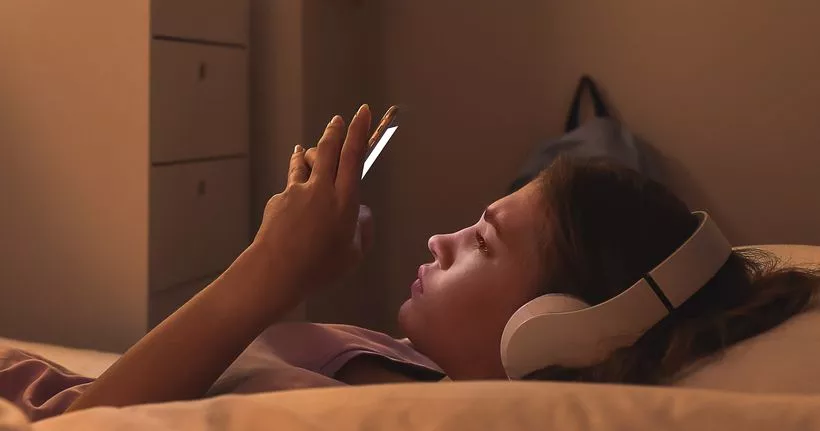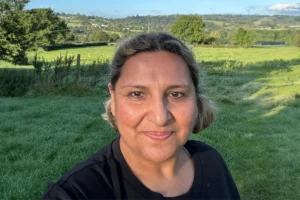Internet Matters has joined forces with Nominet, the public benefit internet company, and Praesidio Safeguarding to explore how to combat the growing issue of self-generated child sexual abuse material (CSAM) online.
Mandatory Relationships, Sex and Health Education (RSHE) was introduced in England and Wales in 2020. The curriculum aims to children to manage their personal lives in a safe and positive way, including in digital environments. The statutory guidance mandates that schools cover the legal implications of youth-produced sexual imagery, alongside knowledge of what constitute healthy and safe sexual relationships.
While the intentions of RSHE teaching on respectful relationships are the right ones, and curriculum guidance – for the most part – is constructive, we find that in practice, RSHE lessons are not meeting children’s needs.





